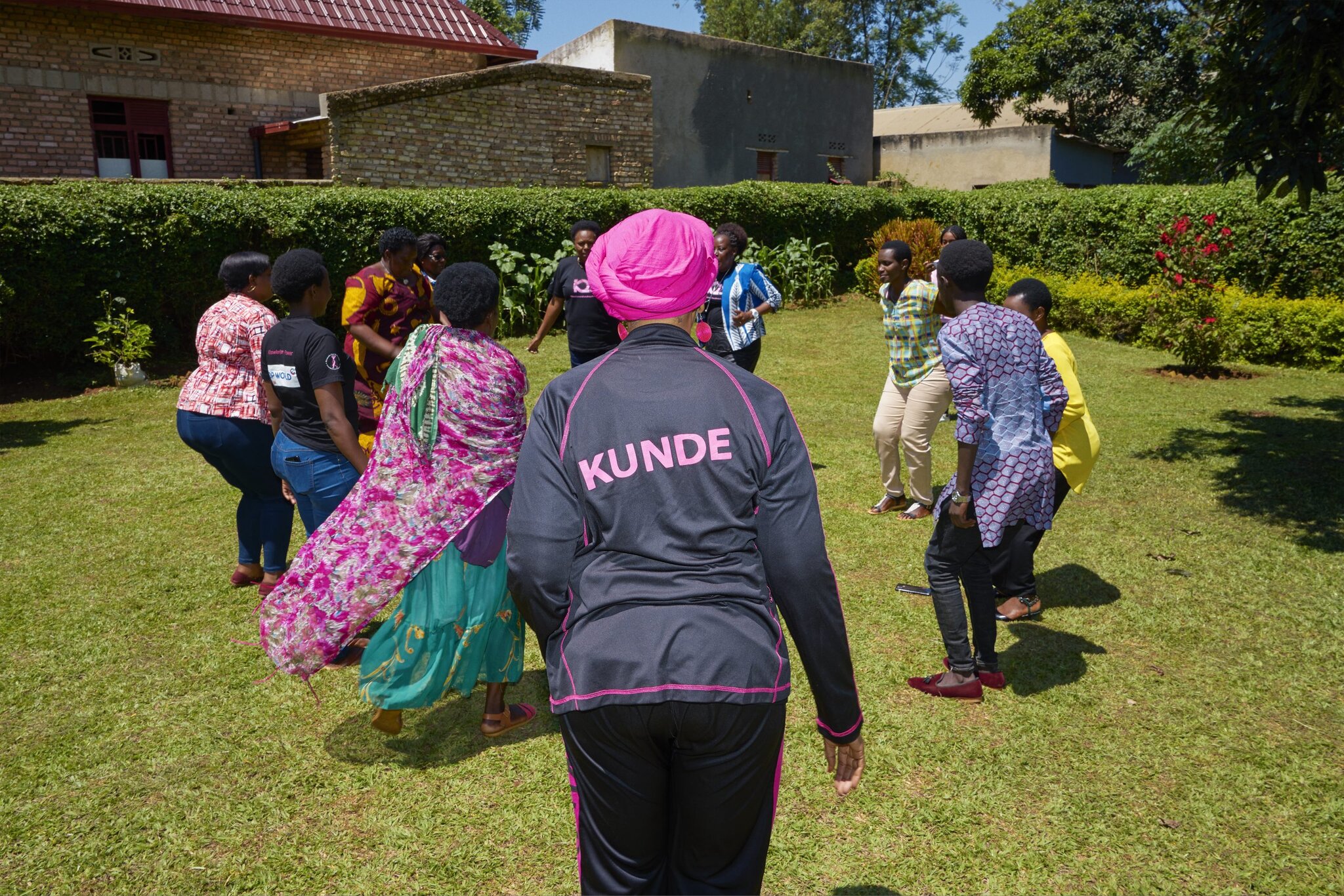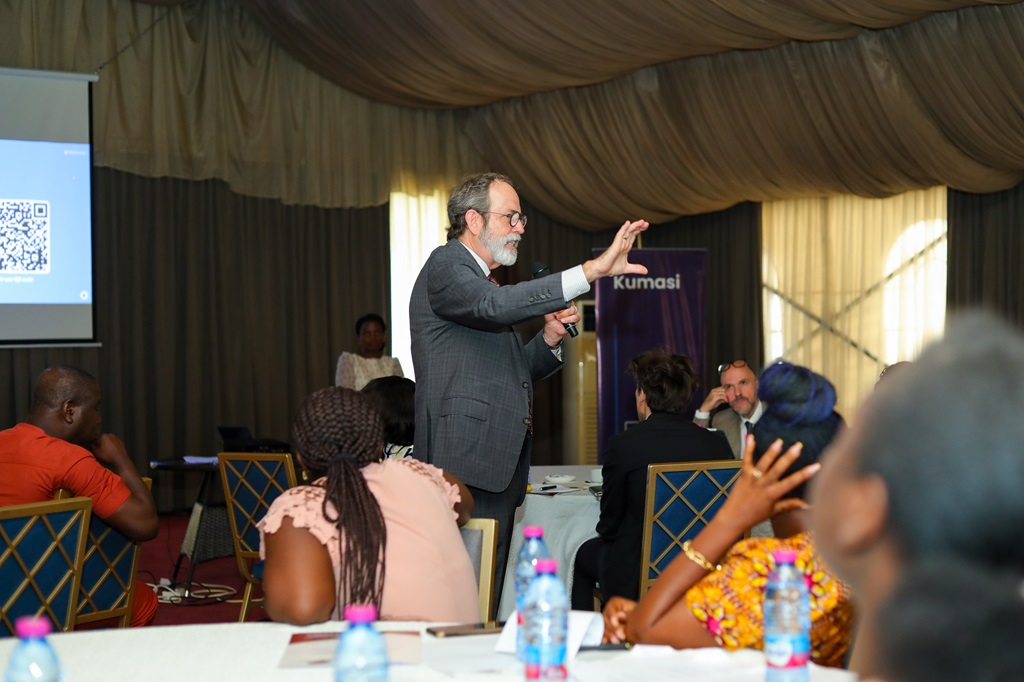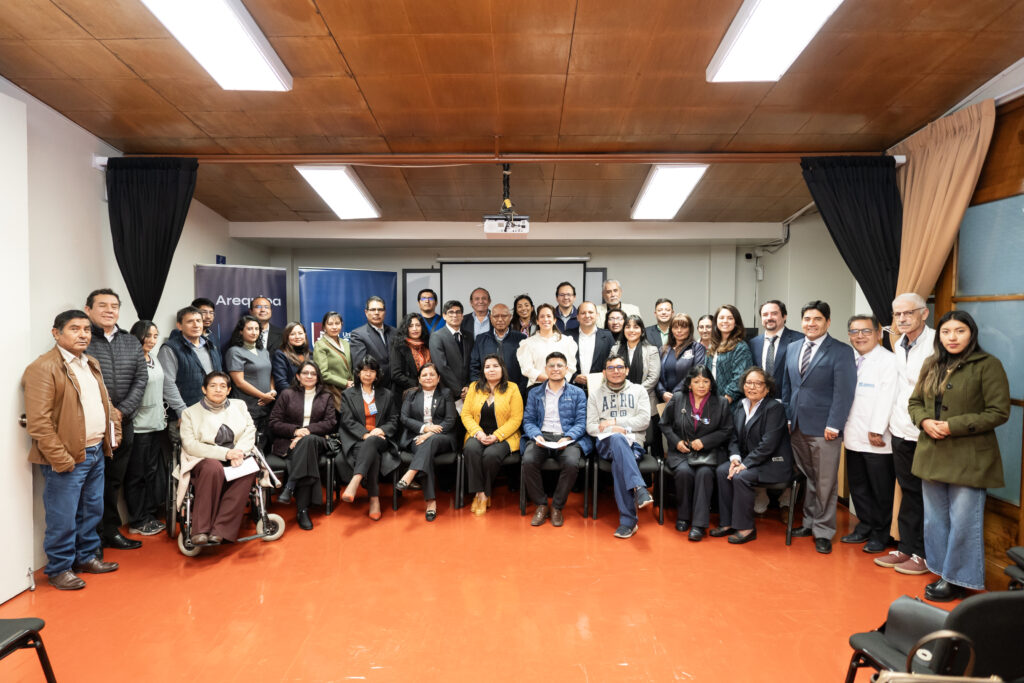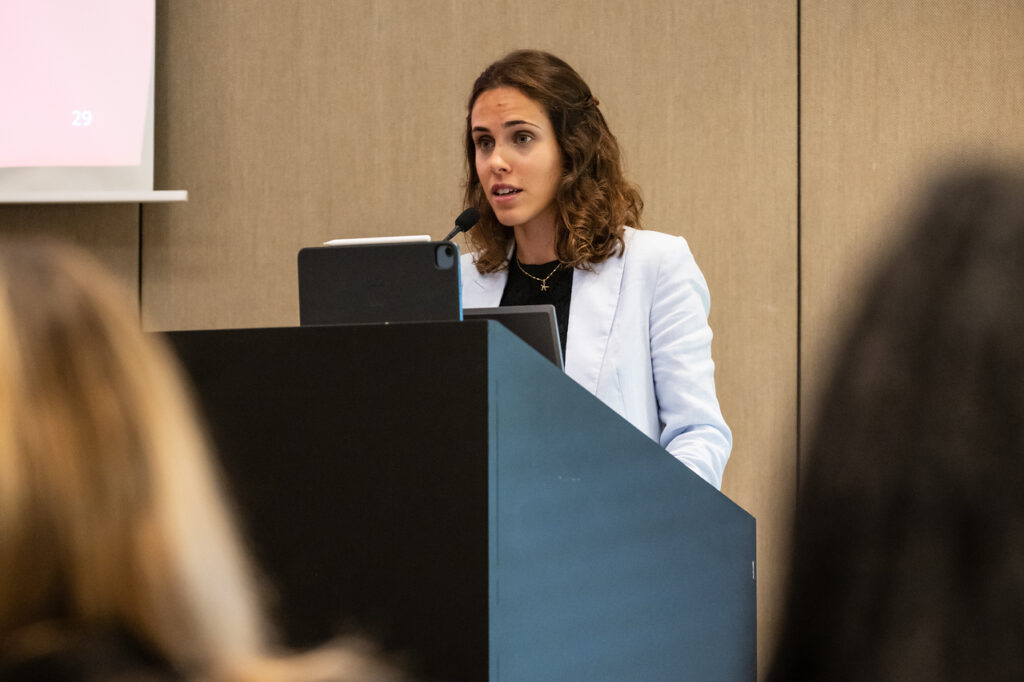
- Interview with Executive Secretary for the Rwanda Palliative Care and Hospice Organization: Kigali seeks to expand access to Palliative Care
- C/Can publishes educational course on Palliative Care in lead up to World Hospice and Palliative Care Day
This 9 October marks World Hospice and Palliative Care Day. The theme for this year: “Leave no-one behind – equity in access to Palliative Care” highlights the global disparity in accessing care which is essential to relieving a patient’s pain and optimising their quality of life.
Today, an extreme 88% of the worldwide need for palliative care is still unmet. Most people living in low- and middle-income countries (LMICs) lack access to pain relief, hospice care and mental and emotional support services when faced with a life-threatening illness.
C/Can is committed to working with cities to ensure that no one is left behind in accessing the care they need, including vital palliative care: “To effectively narrow this chasm of care, strengthening the integration of palliative care within the local health system is an urgent priority for C/Can cities,” says Dr Zipporah Ali, Executive Director of Kenya Hospices and Palliative Care Association and C/Can Board Member.
Kigali’s strategic plan to expand access to palliative care:
In Kigali, Eric Kabisa, Executive Secretary for the Rwanda Palliative Care and Hospice Organization (RPCHO), coordinates the C/Can Palliative Care project for the city. The project brings together local experts from four organisations across diverse sectors, both locally and nationally, to develop a palliative care package and strategic plan to expand access to quality palliative care services at the different levels of care.
“The project about palliative care will impact patients to access palliative care services: pain management, social support, psychological support. Those patients with cancer, need palliative care support,” explains Eric.
Watch the full interview with Eric Kabisa.
Empowering local care providers
Addressing the equity gap also requires training and equipping healthcare professionals to deliver palliative care. In Kigali, with the support of C/Can’s global partners, Partners in Health, Enabel, the development agency of the Belgian government, and the African Palliative Care Association, the team in Kigali have been able to expand their skills in an area of care that is less established within the country.
Earlier this year, Eric was among thirteen chosen fellows as part of the “Fellowship in Palliative Care 2021”, a six-month long distance education programme organised by the Institute of Palliative Medicine—a C/Can partner and a WHO Collaborating Centre for Community Participation in Palliative Care and Long-term Care. Eric and his colleague will also spend one week in Malawi this December as part of a scientific visit to Partners in Health in Malawi to exchange knowledge and practice in palliative care.
“With the C/Can project, we will have more support to help patients. Palliative care is new in Rwanda and Kigali but we will have the opportunity to meet different mentors and experts in palliative care, so it will empower us as care providers to provide essential palliative care that our patients need.”
C/Can publishes Palliative Care course for Latin America
In the week leading up to this year’s World Hospice and Palliative Care Day, C/Can has published Curso básico de cuidados paliativos para Latinoamérica (Foundational Course for Palliative Care for Latin America) as part of a regional learning collaboration with the cities of Asuncion and Cali.
This joint initiative aims to address the education gap in palliative care at the primary healthcare level—a challenge identified by both cities—through three main activities: (1) strengthening palliative care networks in the cities (2) the delivery of a series of online workshops co-developed by C/Can partner, ecancer and the Latin American Society of Palliative Care (ALCP), and (3) the development of the foundational palliative care course.
Remarking on the importance of the new course, Dr Maria Fernanda Navarro, C/Can’s Regional Director for Latin America explains: “Having a resource that provides guidance on important palliative care concepts specifically for physicians, nurses and other primary health care professionals is critical to providing patients with appropriate palliative care at the point of care. The initiative which includes the foundational course for primary healthcare professionals, as well as the online and in-person workshops, will help improve the quality of care of patients in the long term at a city, country and regional level.”
Download Curso básico de cuidados paliativos para Latinoamérica (in Spanish)
Through the support of palliative care experts, the ALCP and the Colombian Palliative Care Association, both cities now have an initial plan to strengthen palliative care education and training programs, which will be implemented and supported by the country’s health authorities: the National Institute of Health in Paraguay and the Secretary of Health in Cali, Colombia.
“We created this course alongside our National Plan for Palliative Care with the objective of integrating Palliative Care into the local health system, which is our top priority. Thanks to C/Can’s support and through this initiative, we will be able to improve public access to Palliative Care,” says Dr Leticia Viana, Chief of Palliative Care and Pain Department at the National Cancer Institute of Paraguay.



